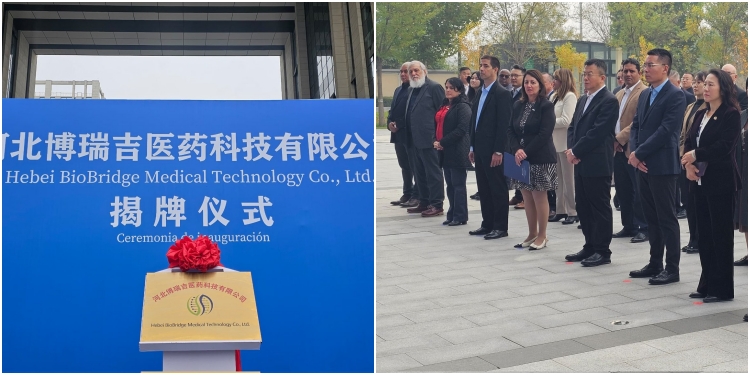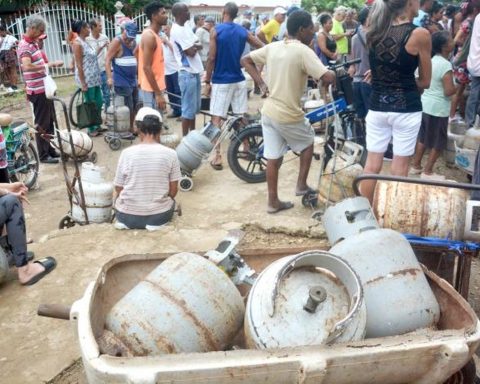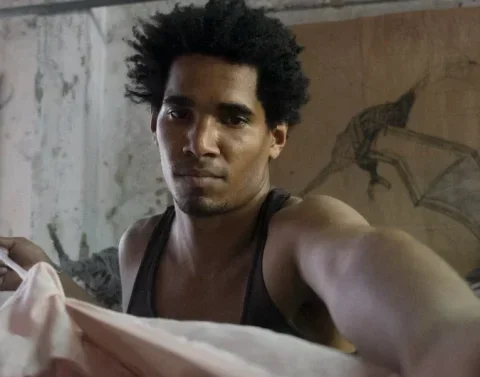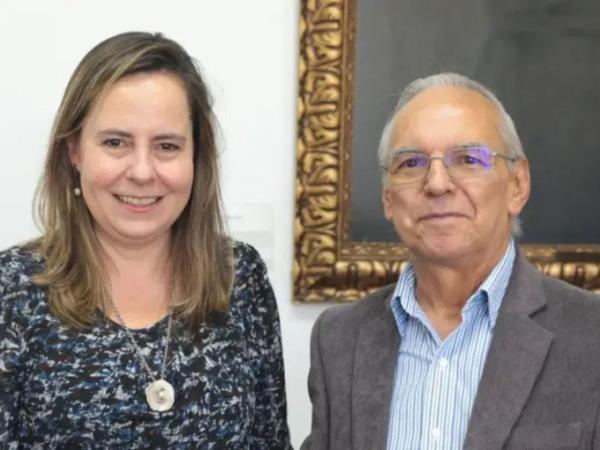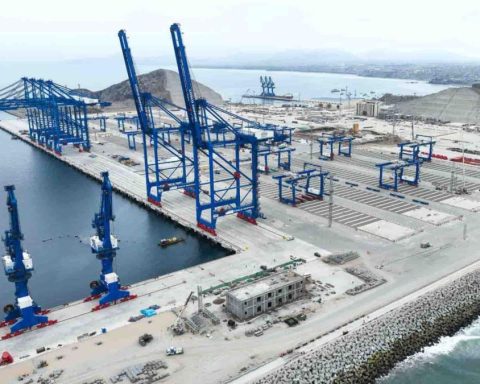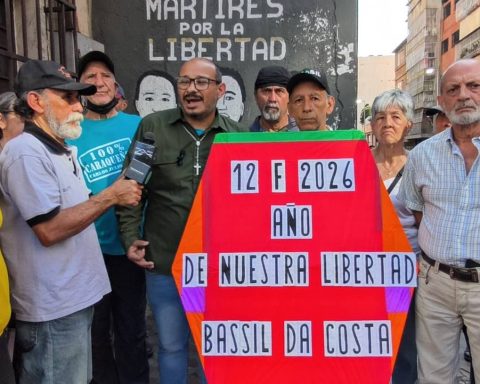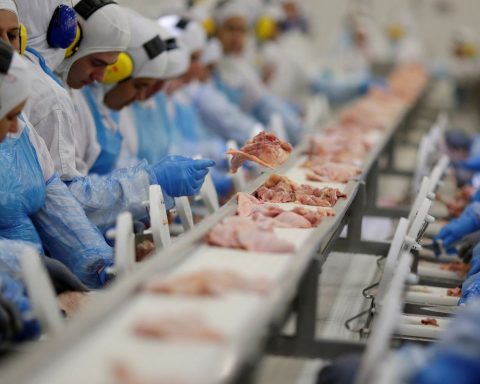AREQUIPA, Peru – The state-owned BioCubaFarma announced on its social media platform
The event represents the practical implementation of agreements between the Cuban dictatorship and China in the field of biotechnology.
Dr. Mayda Mauri Pérez, President of BioCubaFarma, emphasized that the inauguration of this 100% Cuban company is “a milestone in biotechnology” for the island, marking “a new business management model for cooperation, which will integrate innovative projects that could “address global health challenges.”
An official report from Cubadebate indicates that during the first Business Forum of BioBridge Medical Technology, BioCubaFarma’s research and development projects were presented to Chinese businesspeople and opinion leaders in Shijiazhuang, Hebei, China.
Experts, researchers, and organizational leaders showcased products for the treatment of cancer, neurodegenerative, infectious, and autoimmune diseases.
The President of BioCubaFarma highlighted the “broad opportunities” offered by BioBridge to strengthen biotechnological and business ties between China, Cuba, and Latin America.
At the conclusion of the forum, Santiago Dueñas described it as “very successful,” particularly in accelerating innovative projects “that could contribute to the health of Cuba and other nations.”
International momentum: domestic failure
The Cuban regime’s flagship biotechnology company has made numerous headlines in 2024. While the Castro government boasts about national biotechnology achievements in Asia, the immediate results in the country remain imperceptible.
Amidst a severe shortage of medications on the island, BioCubaFarma announced in May new production lines but warned that many essential medicines for the population will remain unavailable for an indefinite period.
Rita María García, Director of Operations and Technology at the entity, stated to the official Caribbean Channel that the production of Aminophylline, Labetalol, Fenoterol, and Morphine in 10 mg and 20 mg doses—injectable drugs used in hospitals for patients in intensive care—has been summarized.
However, she noted that antibiotics are not being produced because there are no raw materials for them, and it is unclear when these might arrive in the country.
Additionally, Cuban hospitals will continue to lack key chemotherapy drugs in high demand by cancer patients, such as Paclitaxel, Cisplatin, and Oxaliplatin. Similarly, shortages of drugs like Allopurinol, Amiodarone, Omeprazole capsules, and 5 mg Haloperidol will persist. BioCubaFarma explained that the production of the last two has been affected by equipment breakdowns.
Follow our channel WhatsApp. Receive information from CubaNet on your cell phone through Telegram.
